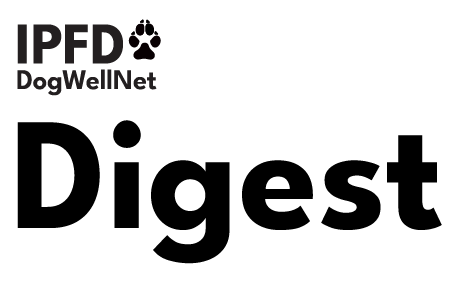
In This Issue:
- News & Highlights
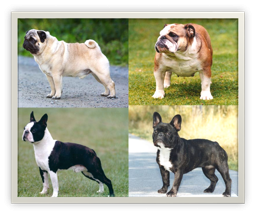 Actions Around Brachycephalic Dogs:
Actions Around Brachycephalic Dogs:
Reports, Research, and Legislative
Developments in Several Countries
-
Make a Donation
- Stay Informed!
 Donate
DonateDid you find our content interesting or helpful? Help support the IPFD enhance health, well-being and welfare for dogs everywhere.
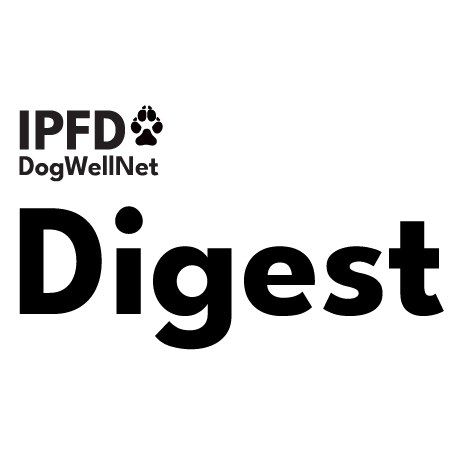

In This Issue:
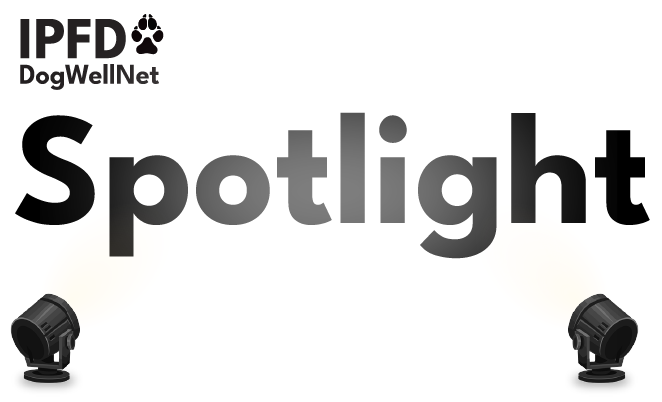
 Actions Around Brachycephalic Dogs:
Actions Around Brachycephalic Dogs:
Reports, Research, and Legislative
Developments in Several Countries
 News & Highlights
News & Highlights
IPFD News
 Swedish Kennel Club CEO and IPFD Chief Financial Officer Ulf Uddman has announced that he wishes to retire in 2021. IPFD congratulates Ulf on his overwhelming contributions to dogs and dog people, to health and welfare, and so much more - not only through his leadership at the Swedish Kennel Club and in the Nordic region, but also internationally. He will be missed, but we wish him well!
Swedish Kennel Club CEO and IPFD Chief Financial Officer Ulf Uddman has announced that he wishes to retire in 2021. IPFD congratulates Ulf on his overwhelming contributions to dogs and dog people, to health and welfare, and so much more - not only through his leadership at the Swedish Kennel Club and in the Nordic region, but also internationally. He will be missed, but we wish him well!
 At the IPFD 4th International Dog Health Workshop (IDHW) in Windsor (UK) in June 2019, a key recommendation was to initiate a multi-stakeholder International working group on extreme conformation, with an initial focus on brachycephalics. The newly-formed International Working Group on Extreme Conformation in Dogs (IWGECD) will be a platform in which national and international working groups, experts and stakeholders join forces to enhance the health, well-being, and welfare of all dogs by limiting the negative welfare impacts from extreme conformations in dogs.
At the IPFD 4th International Dog Health Workshop (IDHW) in Windsor (UK) in June 2019, a key recommendation was to initiate a multi-stakeholder International working group on extreme conformation, with an initial focus on brachycephalics. The newly-formed International Working Group on Extreme Conformation in Dogs (IWGECD) will be a platform in which national and international working groups, experts and stakeholders join forces to enhance the health, well-being, and welfare of all dogs by limiting the negative welfare impacts from extreme conformations in dogs.
IPFD In the News
IPFD's genetic testing resources were mentioned in recent media stories on international research that has documented the molecular basis of the Australian Labradoodle.
Articles
Blogs
Breed Listings
 Check out our Dachshunds - Get A GRIHP article which is part of a series to highlight the 'Big Picture' of health, welfare, and breeding and to help develop Globally Relevant Integrated Health Profiles (GRIHPs) for many breeds.
Check out our Dachshunds - Get A GRIHP article which is part of a series to highlight the 'Big Picture' of health, welfare, and breeding and to help develop Globally Relevant Integrated Health Profiles (GRIHPs) for many breeds.
See IPFD's Get a GRIHP! on Breed Health Initiative.
 Dachshunds - Get a GRIHP!
Dachshunds - Get a GRIHP!
Table of contents:
New Breed Listings
The American Bulldog is a powerful, athletic short-coated dog, strongly muscled, and well boned. The body is just slightly longer than tall. The head is large and broad, with a wide muzzle. Ears are small to medium in size, high set, and may be drop, semi-prick, rose, or cropped. The tail may be docked or natural. The two men who are recognized as the pioneers of bringing the breed back from possible extinction are John D. Johnson and Alan Scott. Sources: United Kennel Club | American Kennel Club

You can also view previous editions of Dog Breeds: What You Need to Know in our archive article here on DogWellNet.com.
Harmonization of Genetic Testing for Dogs (HGTD)
Donations from Genetic Test Providers (GTPs) are vital to maintaining HGTD and increasing our ability to develop new resources. Due to the COVID-19 pandemic, we postponed our normal donation requests for participating GTPs.
To better reflect not only the benefits of participation, but also the generosity of many of our GTPs, we now have a 3-tiered system for commercial participants: Sponsors, Supporters, and Participants. In addition, we have many research-only non-profits who contribute time and expertise in support of HGTD. You can find out more about donations and participation here.
Please look out for our participation emblems for 2020:
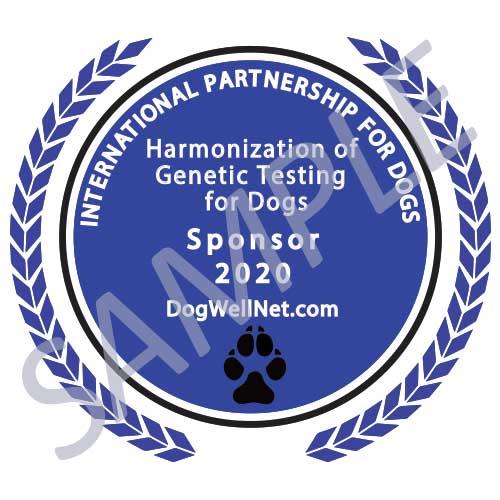
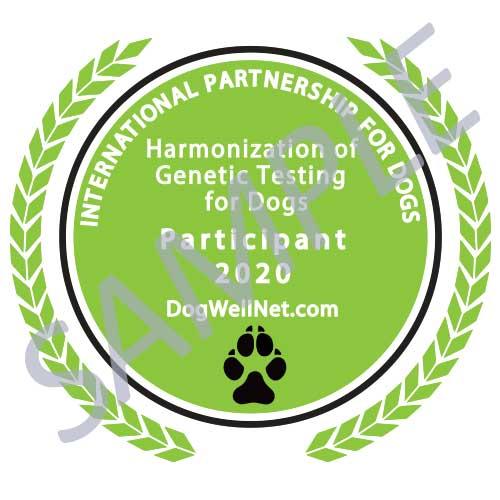
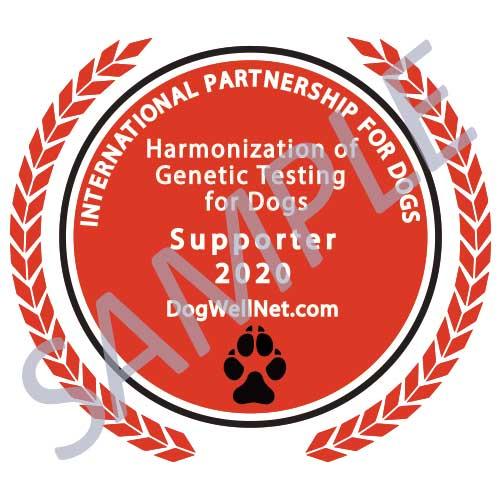
July/August has seen updates to breed relevance ratings for the Saluki and Dachshunds, thanks to input from breed experts. Using input from recent research publications an additional 40 disease/phene details have been updated with new breed-specific research. Related to these changes, look out for more of the new orange breed relevance ratings. You can find out more about breed relevance ratings here.
HGTD & Genetic Testing Blog
If you haven't had a chance to see the latest HGTD Genetic Testing blog posts, check out the HGTD & Genetic Testing blog, HGTD This Week, which provides regular updates on our rapidly expanding genetic testing resources. It currently features regular input from Brenda Bonnett and Aimee Llewellyn-Zaidi, but be sure to look out for future posts from special guests!
Ask Aimee
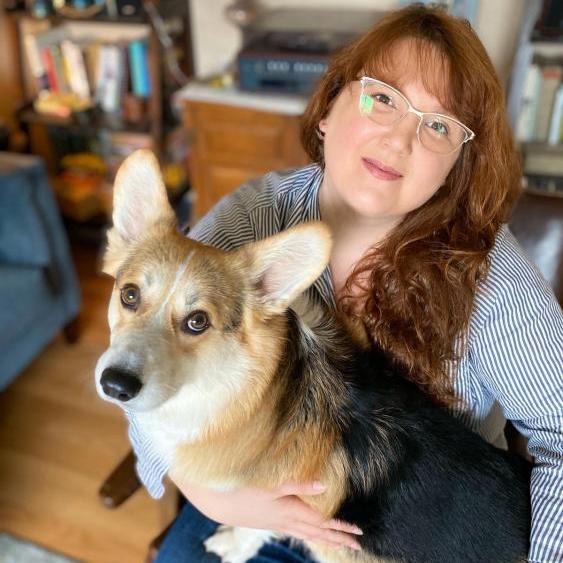
Our HGTD Project Manager, Aimee Llewellyn-Zaidi, provides answers to your questions on canine genetic testing in Ask Aimee. If you’d like to submit a question to Aimee, please email her at aimee.llewellyn-zaidi@ipfdogs.com.
Get Involved in HGTD!
We welcome additional participant GTPs, more collaborators from any stakeholders concerned with dog health and welfare, the advice of experts, the participation of breed clubs and other consumer groups. We stand ready to provide more information to ongoing discussions.
Please feel free to contact us as we work together for healthy dogs and to support those who breed and own them: IPFD CEO, Dr. Brenda Bonnett, at brenda.bonnett@ipfdogs.com and/or HGTD Project Manager, Aimee Llewellyn-Zaidi, at aimee.llewellyn-zaidi@ipfdogs.com.
Actions Around Brachycephalic Dogs:
Reports, Research, and Legislative
Developments in Several Countries
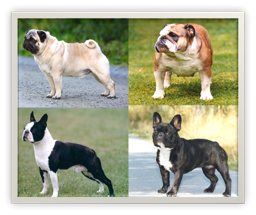 The 'Hot Topic' of issues of health and welfare in brachycephalics continues internationally, and our resources on DogWellNet.com are growing to keep you informed. This complex issue is provoking intense discussions and activity across many stakeholder groups - and everyone interested in the future of pedigree dogs should be involved.
The 'Hot Topic' of issues of health and welfare in brachycephalics continues internationally, and our resources on DogWellNet.com are growing to keep you informed. This complex issue is provoking intense discussions and activity across many stakeholder groups - and everyone interested in the future of pedigree dogs should be involved.
Notwithstanding challenges for flat-faced breeds, emerging and expanding legislation, especially in Europe, may eventually impact all breeds and all dogs. IPFD is creating new resources to encourage, facilitate, and support open dialogue across stakeholder groups. Collaboration and collective actions are needed now to act in the best interests of dogs and people who love dogs. Stayed tuned for new developments!
Actions in Finland
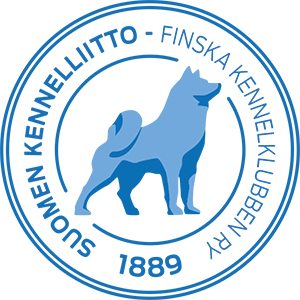 Kennelliitto - the Finnish Kennel Club - is a founding member and ongoing Contributing Partner of IPFD. They have numerous innovative, proactive programs for dog health, welfare, and breeding.
Kennelliitto - the Finnish Kennel Club - is a founding member and ongoing Contributing Partner of IPFD. They have numerous innovative, proactive programs for dog health, welfare, and breeding.
As a country, Finland has a high standard for animal welfare, as is evidenced in new reports. Our articles highlight excellent contributions on the ongoing challenges with breed-specific health and welfare, in brachycephalics and beyond, in two articles that also link to other relevant developments and resources.
In Finnish report: An investigation would curb problems with dog breeding through monitoring criteria and ethical delegation, you will find a fantastic compilation of evidence on health and welfare issues in brachycephalic breeds, as well as discussion of wider information about breeding, in general.
Finnish Investigation: Problems and Means of Intervention in the Breeding of Dogs describes a formal release from the Finnish authorities, that, based on the investigation above, will direct legislative efforts. In general, the Finns are taking a broad, balanced and practical approach - hopefully, engaging further discussion and collaboration.
Recent research has looked at:
Why are owners so attracted to brachy breeds? The most recent publication on the human-animal interaction side of the equation: Come for the looks, stay for the personality? A mixed methods investigation of re-acquisition and owner recommendation of Bulldogs, French Bulldogs, and Pugs, by Rowena Packer and co-authors, carries on from their study, Great expectations, inconvenient truths, and the paradoxes of the dog-owner relationship for owners of brachycephalic dogs.
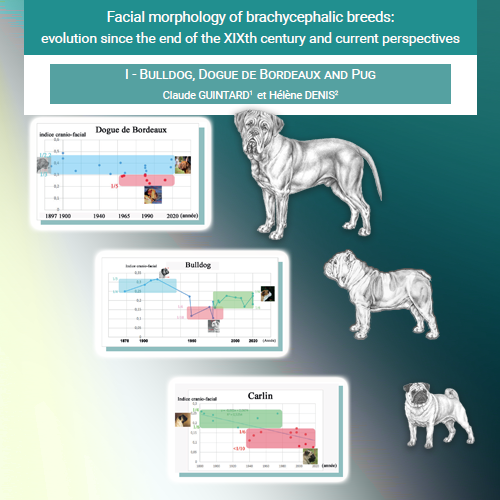 Have brachycephalic breeds become more extreme? Facial morphology of brachycephalic breeds: evolution since the end of the XIXth century and current perspectives reports on an innovative study from France, which, together with further instalments that are coming soon, is a great contribution to ongoing discussions. In our overview of this article on DogWellNet.com, we describe the basics of Dr. Guintard's article, and, as that study was prompted by other events and wider influences, we will direct you to other relevant content.
Have brachycephalic breeds become more extreme? Facial morphology of brachycephalic breeds: evolution since the end of the XIXth century and current perspectives reports on an innovative study from France, which, together with further instalments that are coming soon, is a great contribution to ongoing discussions. In our overview of this article on DogWellNet.com, we describe the basics of Dr. Guintard's article, and, as that study was prompted by other events and wider influences, we will direct you to other relevant content.
We highly recommend that you download and read the article as it is a novel approach to provide evidence about the complex challenges surrounding brachycephalic dogs.
There is a vast and increasing body of resources on the brachycephalic issues and their wider implications. See IPFD's Brachycephalic Resources on DogWellNet.com.
Stay tuned for more information to come soon.
IPFD is truly a "people driven" service organization. We allocate the bulk of our financial resources to maintain a  small but dedicated team of consultants to manage our modest resources and facilitate the activities of our stakeholders, with the aim of achieving our collective goals.
small but dedicated team of consultants to manage our modest resources and facilitate the activities of our stakeholders, with the aim of achieving our collective goals.
You can specify how your donation is used (support IPFD and its programs and activities OR support the Harmonization of Genetic Testing for Dogs). All donations are handled securely via PayPal.
Click Here to Make a Donation Now
Members can opt to receive notifications by email. Are you on our email list? Click here to edit your Notification Settings (you must be logged in to your account).
Viewing as a Guest? Sign in or register now to get the most out of DogWellNet.com.
Click an icon below to visit our social media sites:
By using this site, you agree to our Terms of Use.
Recommended Comments
There are no comments to display.
Join the conversation
You can post now and register later. If you have an account, sign in now to post with your account.
Note: Your post will require moderator approval before it will be visible.